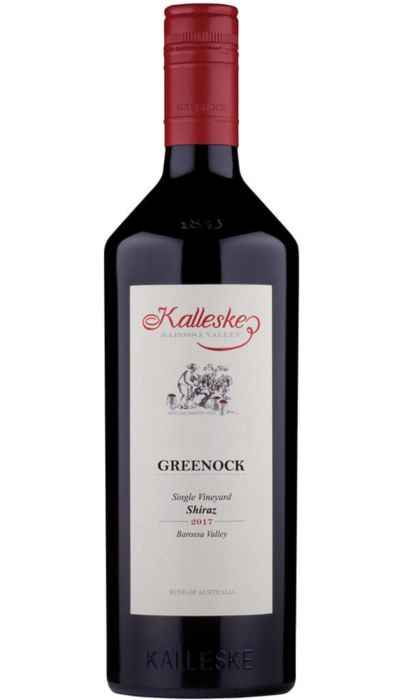Introduction to Organic Wines
What is Organic Wine?
In Australia, organic wines are made from grapes that have been grown organically – that is, without the use of synthetic fertilisers, herbicides, insecticides or fungicides. It’s an environmentally friendly way of producing grapes that’s all about keeping a natural balance in the vineyard and the surrounding area.
Not all wines made organically are certified organic. Certification requires that the whole winemaking process – from growing the vines to bottling the wine – is organic. Getting certified takes years and involves a lot of hard work, as well as annual audits.
Organic wine isn’t ‘natural’ wine: This is an unofficial term that typically refers to low-intervention wine made using traditional processes and few or no additives. Many of these wines are organic but not all.
Organic wine isn’t necessarily vegan: Winemakers commonly use fining agents to refine and stabilise wine, and these can be made from milk protein, egg whites, gelatin or fish (but only trace amounts remain in the final product). Vegan wines are not fined or they use earth-based agents such as bentonite clay.
Organic doesn’t automatically mean preservative-free: Under Australian certification, organic wines can contain preservatives but the limit is about half of what can be used in conventional wines. The most common preservative is sulphur dioxide (usually labelled as ‘preservative 220’), which is created naturally during fermentation, but some winemakers add extra to preserve wine quality.
Process of Certified Organic Wines
To ensure a product is genuinely organic, it can be ‘certified organic’ by an organic certifying body approved by Australia’s Department of Agriculture and Water Resources, or the Bio-Dynamic Research Institute’s DEMETER mark. The Australian government endorses a number of certifying bodies, including the largest Australian certifier for organic and biodynamic produce: Australian Certified Organic (ACO). A strict standard, the ACO certification verifies and guarantees that a product complies with national production standards and that its provenance can be traced. Under the ACO, the organic certification process takes three years and involves property testing, a written plan detailing the organic farming methods the wine producer will use and annual audits. Since 1957, the Bio-Dynamic Research Institute has been involved in research and practical development of the Australian DEMETER Bio-Dynamic Method of Agriculture, demanding the highest quality application of the biodynamic method from farms and businesses, and encouraging community-based, sustainable, ecological activities.
Labelling
To make sure the wine you’re buying or drinking is certified organic, look for a certification logo, such as ACO or NCO (National Association for Sustainable Agriculture Australia Certified Organic).
These are some of the range of Organic Wines that we have:
Rosily Vineyard
Kalleske
Cullen
Others Brands:-
(See Saw & Tamburlaine)
To view full article about Organic Wines, click here https://www.australianwine.com/en-AU/our-story/articles/what-is-organic-and-biodynamic-wine
For more information about Certified Organic Wines, please refer to Organic And Biodynamic Wine Educator Guide.










